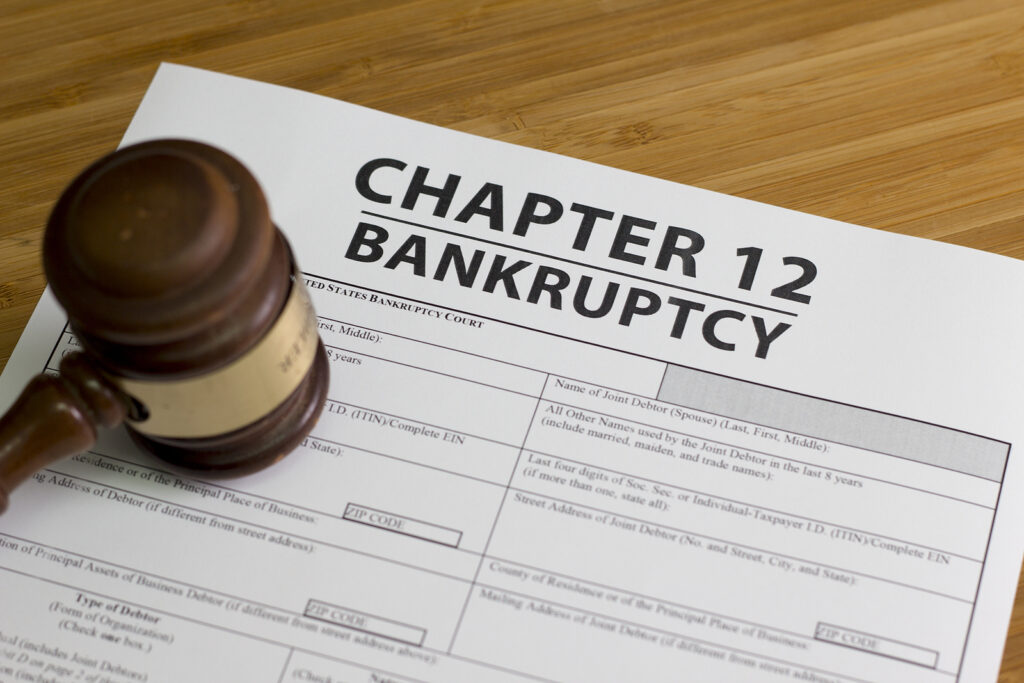What Steps Should I Take to Manage My Medical Debt?
Medical debt can be overwhelming. However, there are several steps you can take to manage your medical debt before considering bankruptcy.
Firstly, review your medical bills thoroughly. Medical billing errors are not uncommon, and you might be charged for services you didn’t receive or billed more than you should have been.
Secondly, you can negotiate your medical bills. Many healthcare providers are willing to work with patients who are struggling to pay their bills. They might offer a payment plan, reduce the amount you owe, or even forgive some of your debt. Don’t be afraid to ask for help; it’s better to negotiate than to ignore the bills and let them pile up.
Thirdly, consider applying for financial aid or charity care programs. Many hospitals and healthcare providers offer these programs to help patients who can’t afford their medical bills. You might qualify based on your income, family size, and other factors.
Lastly, you can consolidate your medical debt. This involves taking out a loan to pay off all your medical bills, then making monthly payments on the loan.
What Are the North Carolina Laws Regarding Medical Debt?
In North Carolina, medical debt is treated as a civil matter, not a criminal one. This means you can’t be arrested or jailed for not paying your medical bills. However, healthcare providers can sue you for unpaid bills, and if they win, they can garnish your wages for certain medical debt or put a lien on your home or land or other real property.
North Carolina law also has a statute of limitations on medical debt. This is the amount of time a healthcare provider has to sue you for unpaid bills. In North Carolina, the statute of limitations for medical debt is three years from the date of the last payment.
What Are the Consequences of Not Paying My Medical Debt?
If you fail to pay your medical debt, the consequences can be severe. Initially, your healthcare provider or their billing company will likely send you reminders and then more formal demand letters. If you still don’t pay, they may turn your account over to a collection agency. This can negatively impact your credit score, making it more difficult for you to get loans or credit cards in the future.
In North Carolina, if you don’t pay your medical debt, the healthcare provider can sue you. If they win the lawsuit, they can garnish your wages for certain medical debt, meaning they can take a portion of your income directly from your paycheck to pay off the debt. They can also put a lien on your home, land or other real property, which means they have a legal claim to it until the debt is paid.
However, North Carolina law protects certain assets from being seized to pay off medical debt. This includes your primary residence (up to $35,000 in value), your car (up to $3,500 in value), and up to $5,000 worth of household goods. These are called exemptions and can be best explained by a North Carolina attorney.
What Should I Do If I’m Sued for Medical Debt?
If you’re sued for medical debt in North Carolina, respond to the lawsuit promptly. Ignoring it won’t make it go away; in fact, it could result in a default judgment against you, which means the healthcare provider automatically wins the lawsuit. You should consult with an experienced attorney as soon as possible.
If you’re sued, you might be able to defend yourself by challenging the amount of the debt or the healthcare provider’s right to collect it.
Should I Consider Bankruptcy to Manage My Medical Debt?
Bankruptcy should be a last resort for managing medical debt, but in some cases, it might be the best option. If your medical debt is so overwhelming that you can’t afford to pay it off, even with a payment plan or financial aid, bankruptcy might provide a way out.
Bankruptcy can have consequences. An experienced attorney can help you understand the pros and cons of the two types of personal bankruptcy, Chapter 7 and Chapter 13, and decide if one of these is the right choice for you.
Can Medical Debt Be Erased?
In some cases, medical debt can be erased or forgiven. Some healthcare providers offer charity care programs that can forgive a portion or all of your medical debt if you meet certain income and asset criteria.
If your medical debt is sold to a collection agency, there’s a chance it could be erased. Some collection agencies buy medical debt for pennies on the dollar and then try to collect the full amount from the patient. If they’re unable to collect, they might eventually write off the debt as a loss.
However, having debt erased can have tax implications. The IRS generally considers forgiven or discharged debt as income, and you may have to pay taxes on it.
How Can an Experienced Attorney Help Me Manage My Medical Debt?
An attorney can explain the statute of limitations, what assets are protected, and what happens if you’re sued for unpaid medical bills.
If you’re considering bankruptcy, an attorney can guide you through the process, which can be complex and confusing without legal assistance. Managing medical debt can be stressful and overwhelming, but you don’t have to do it alone.
If you’re struggling with medical debt, call Gillespie & Murphy, P.A. today at 252-659-5045 for a free consultation.











